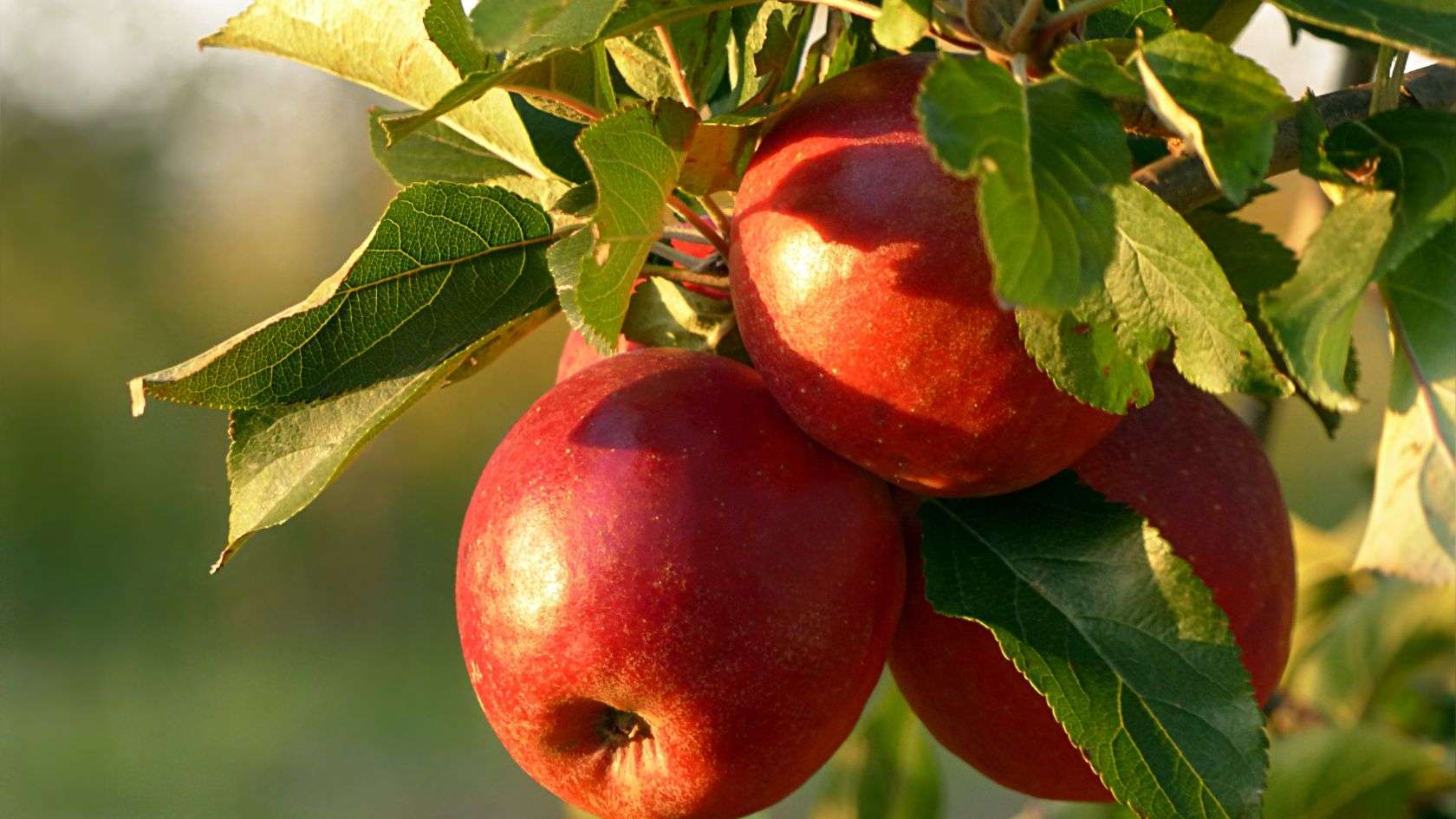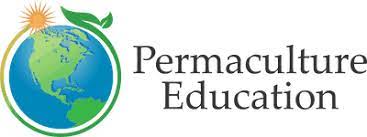
“Permaculture is an approach to designing human settlements and agricultural systems that mimic the relationships found in natural ecologies.”
It is a philosophy of working with rather than against nature. It is a positive, solution-based way of thinking, using a practical set of ecological design principles and methods. The principles of permaculture provide a framework that enables people to provide for food, energy, shelter, and other material and non-material needs. It encompasses diverse but interrelated fields, including gardening/horticulture, natural building, ecology, and much more. Today, we will focus on developing your permaculture business as a farm.
Sources of Income:
- Agriculture Organic vegetables and fruits: Annual cash crops may also be incorporated into orchard inter-row plantings to provide seasonal income.
- Gaining Organic Certification: You can guarantee that consumers buy food produced following organic standards and achieve higher prices. Farm certification is expected to take from one to five years to obtain. Importantly, many customers don’t care about organic certification as long as they can be assured that all-natural growing methods are being used (Permaculture/Regenerative, Biodynamic, Bio-Intensive, etc.). In some cases (larger market operations), official organic certification may be worth the large investment in time and money.
- Produce grown on consignment: Processed products will enable you to utilize the whole of the season’s crop, provide a source for year-round sales, and generate off-season work.
- Accommodation: you can own, maintain and manage a range of accommodations, including a dormitory, individual rooms, and separate dwellings for rental by both members and visitors.

Market Analysis:
“While many agricultural commodities are going through an extended period of historically low prices, the growing demand for organic and naturally-grown products has seen good premiums paid for many commodities. One of the advantages of being part of an expanding industry is better long-term viability for farmers and their communities.” Lehmann (2000). The current affluent local and interstate markets are demanding products produced from environmentally-friendly and regenerative systems. Thus, getting certified or showing your credentials for organic/regenerative production can be advantageous in some situations to help boost your demand.
Market Strategy:
One approach is to focus initially on producing seasonal, annual crops by developing orchards of a few selected specialties to establish a reputation for quality products. It helps make relationships with specialty distributors, who will purchase your products for distribution to high-end restaurants, natural food stores, and/ or gourmet shops.
Furthermore, you could also supply your customers with recipes and storage tips. And as you progress, you can slowly develop secondary outlets for your crops and value-added merchandise by allocating a percentage of your acreage or gross income each year to experiment with new products.
Promotion and Advertising:
- Having a logo: stamping your personal identity on our products will build consumer trust and confidence. Your logo can be used on the packaging, letterhead, containers, business cards, brochures, etc.
- Getting editorials: You should utilize all the free publicity and promotion available through editorial coverage. Social media branding is also a drawing and essential sector to dive into.
- Branding: Consistent quality and produce grading will be crucial to branding your products. You should initially focus on nurturing a community-supported practice and local sales to specialty retailers, restaurants, and Farmer’s Markets. Only later moving into regional, national, and export potential.

Advice from a Permaculture Farm Owner:
It is important to have a financial plan and be realistic about it. I think figuring out how the money will come in is important. The first step is understanding if you’re proving a product or a service and establishing parameters to charge for them, including current demand, skills, efficiency, and availability. If you’re providing a service, you need to know how much you will charge for it. Similarly, for a product, you need to know exactly what it does, what is good/bad about it, and how you can price it fairly while also making good profits.
I always think of price as connected to supply and demand, you know, so depending on the demand of your product or service, that determines your price. And now, after I’ve gained experience, knowledge, education, and efficiency, my wage has also increased, so you always have to increase your price. And that’s something that you must push yourself to do, but you can’t just increase your price without increasing your quality and efficiency, you know? And so, my wife always told me to push up my price slowly.
It’s always good to build your business up with organizing stability. It is necessary to retain your clientele, have inventory for your tools, keeping track of all these things. So, you can always value your organization and understand how to scale it, run it smoothly in the future, and grow your business sustainably. I always look at things holistically, and when I think about holistic, there are a lot of different approaches.
We hope that by learning about some ways you can establish and develop your permaculture farm, you will be inspired to go ahead with your project positively. If you are intrigued by this, contact Morganic Roots-Eco Farm for guidance or to help them diversify their business venture.
I found Kaniji farm’s business plan very insightful while researching this. You can find the post here: https://www.kanjini.org/documents/da_business-plan.pdf. Growing with nature is a wonderful approach to a permaculture lifestyle, and we hope we can inspire you to do so!
If you are a farmer and want to learn more about permaculture farming or to offer your services in a more regenerative way – become a certified Permaculture Designer with us!

